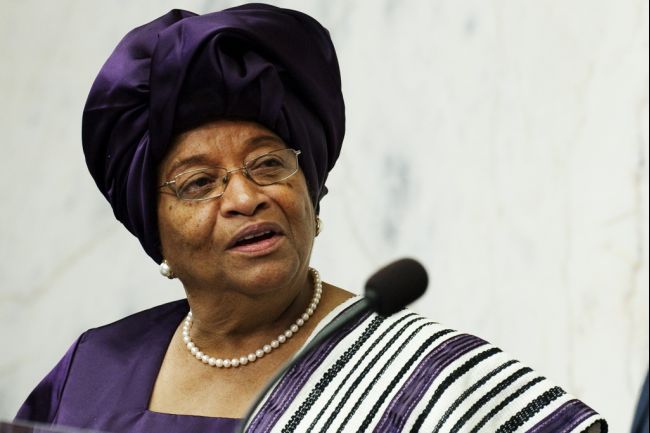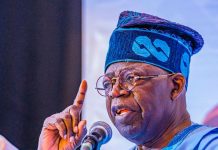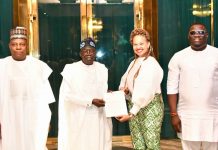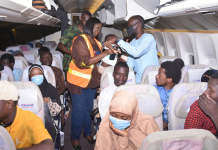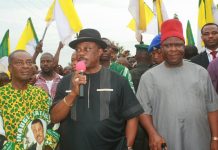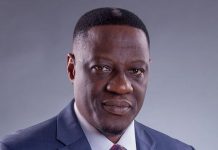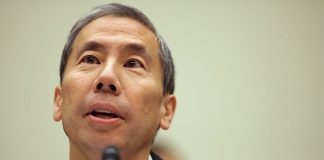Some African leaders have been mouthing the point that democracy is getting stronger in the continent. First, it was President Muhammadu Buhari of Nigeria who took the sing-song last week to the opening session of the UN General Assembly in New York. Now, the President of Liberia, Ellen Johnson-Sirleaf, has echoed the same point.
Mrs. Johnson-Sirleaf, who made history by becoming the first elected female head of state in Africa, now is on the verge of making bigger history. She is bent on expanding the frontiers of democracy in her country. The Liberian President told the international community also in New York that she would stop at nothing to ensure the success of next month’s elections in her country. This means that for the first time in seven decades, the hand-over of the presidential baton in Liberia will become a reality.
The Liberian President held an impromptu chat with newsmen on the sidelines of the opening session of the United Nations General Assembly last week and said she was confident the election would be free and fair. She was optimistic that “Our elections commission have already established their credibility in three by-elections that have taken place, which the citizens accepted”. The former renowned banker said “There were no major complaints which prompted the international community, including all the observers to those elections, to accept that the vote was credible.”
President Johnson-Sirleaf noted that democracy has begun to grow in the Economic Community of West African States, ECOWAS. She was emphatic, “If you look at the sub-region overall, that path toward democracy is strong. There are many [countries] that have already had their political maturity tested over two or three periods, like Ghana. So, there’s no turning back on democracy in West Africa,” the president said.
The sub-region has worked hard in beefing up its democratic foundations in a bid to facilitate cooperation on crucial regional issues, including terrorism, the Liberian President said. The region’s leaders are moving forward to boost their intelligence-gathering to spot terrorism groups infiltrating the region, she declared. In addition, the region needs more training for its military and border forces to better protect porous borders.
President Johnson-Sirleaf took office at the end of a transitional government in 2006, following decades of civil war and political fighting in the country. She said that she is proud of having helped her country maintain peace since then. “And in the process, on the basis of that peace, restored basic services to the Liberian people” that have been missing for many years, she said. According to her, the reputation and creditworthiness of the country also has been re-established. On the whole, she described her efforts as a great legacy.
As part of her country’s progress, Liberia has rebuilt its relationships with other countries, including the United States. Liberia’s long relationship with the US has persisted despite its years of war.The Liberian leader stated, “I have been able to strengthen that relationship. And it is a relationship that crosses party lines, so we have bipartisan support, bipartisan in Congress and in the administration. I have been very pleased with how we have strengthened, built and broadened that relationship to go beyond the traditional and the historical, to make it something in current realities.”
She said her government has shown U.S. leaders how far the country has come, and has received US support for development areas. Now, Johnson- Sirleaf said, American leaders see a country making progress and “it is a return on their investment.” That is a source of pride both for Liberians and Americans, she said.
With national elections due in two weeks, the president said she was confident there will be a peaceful vote. “My message to all Liberian people is to please maintain the peace, this peace that we have all made such great sacrifice for,” she said.






